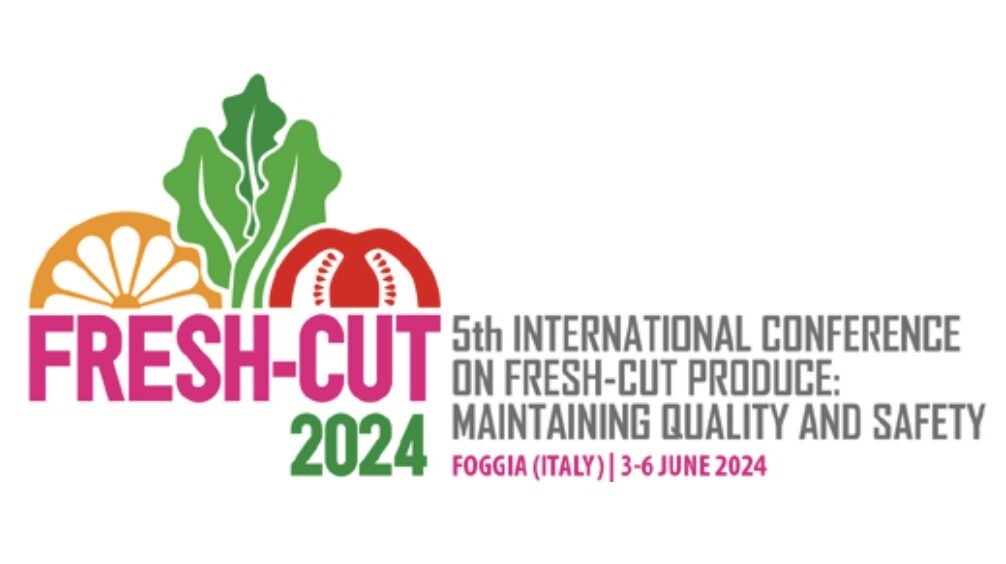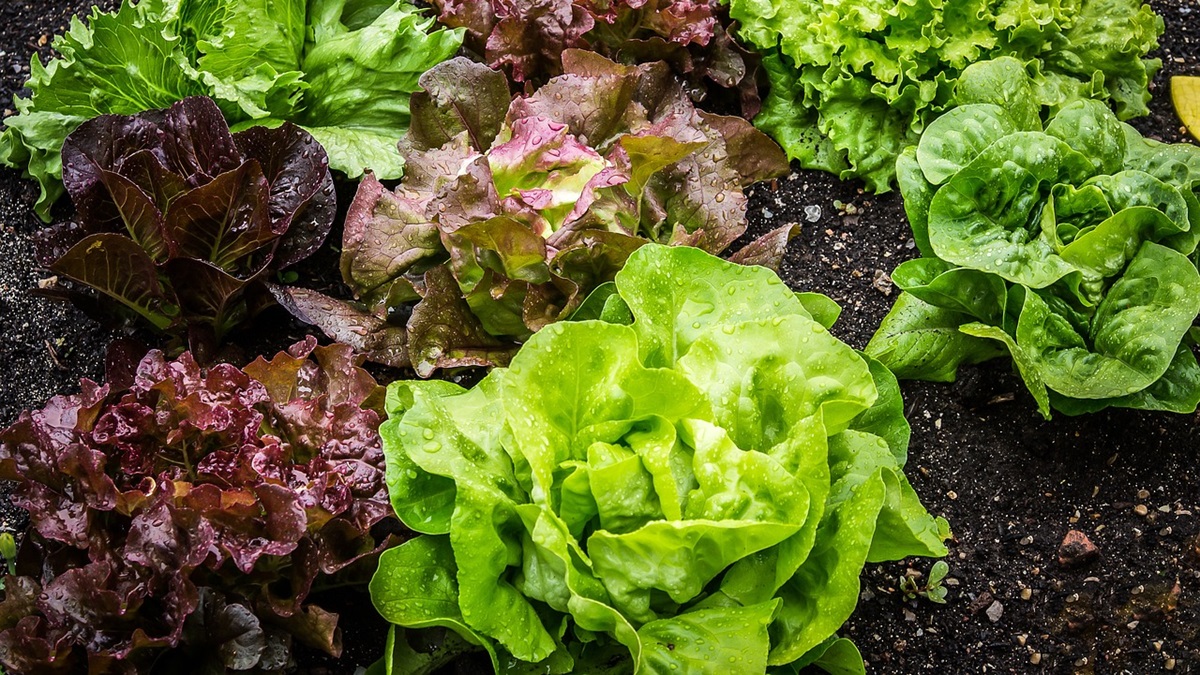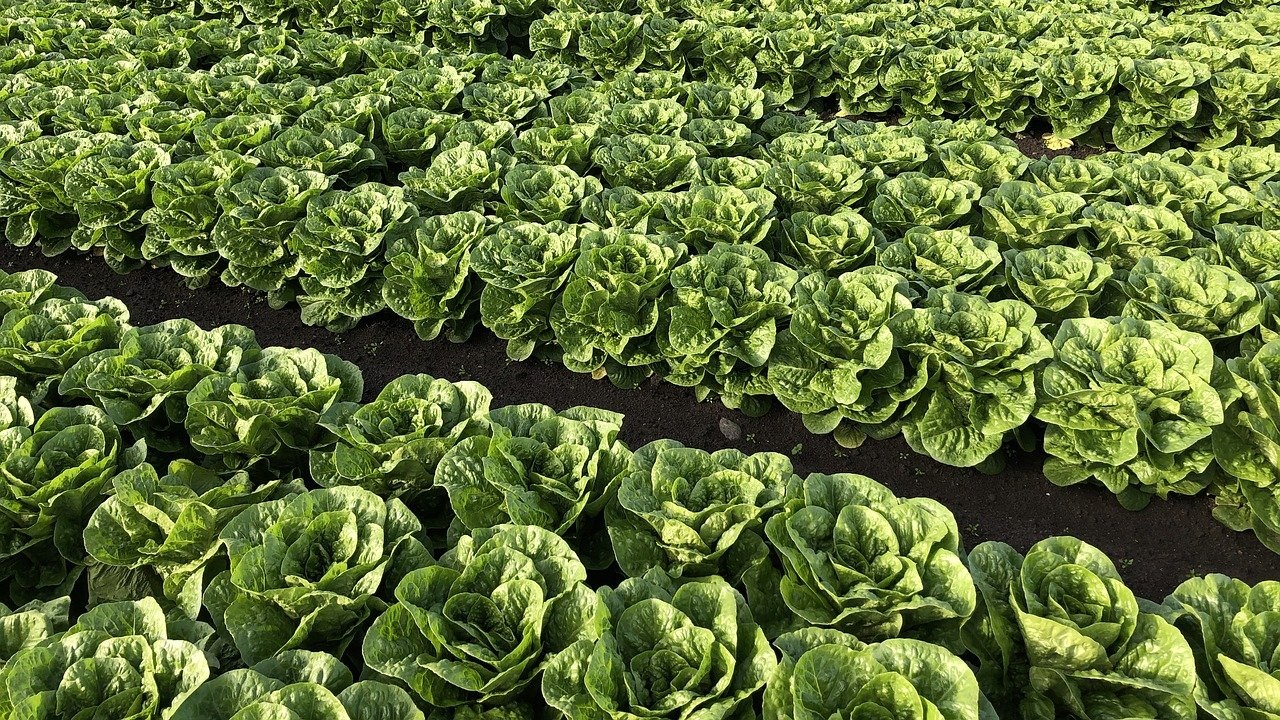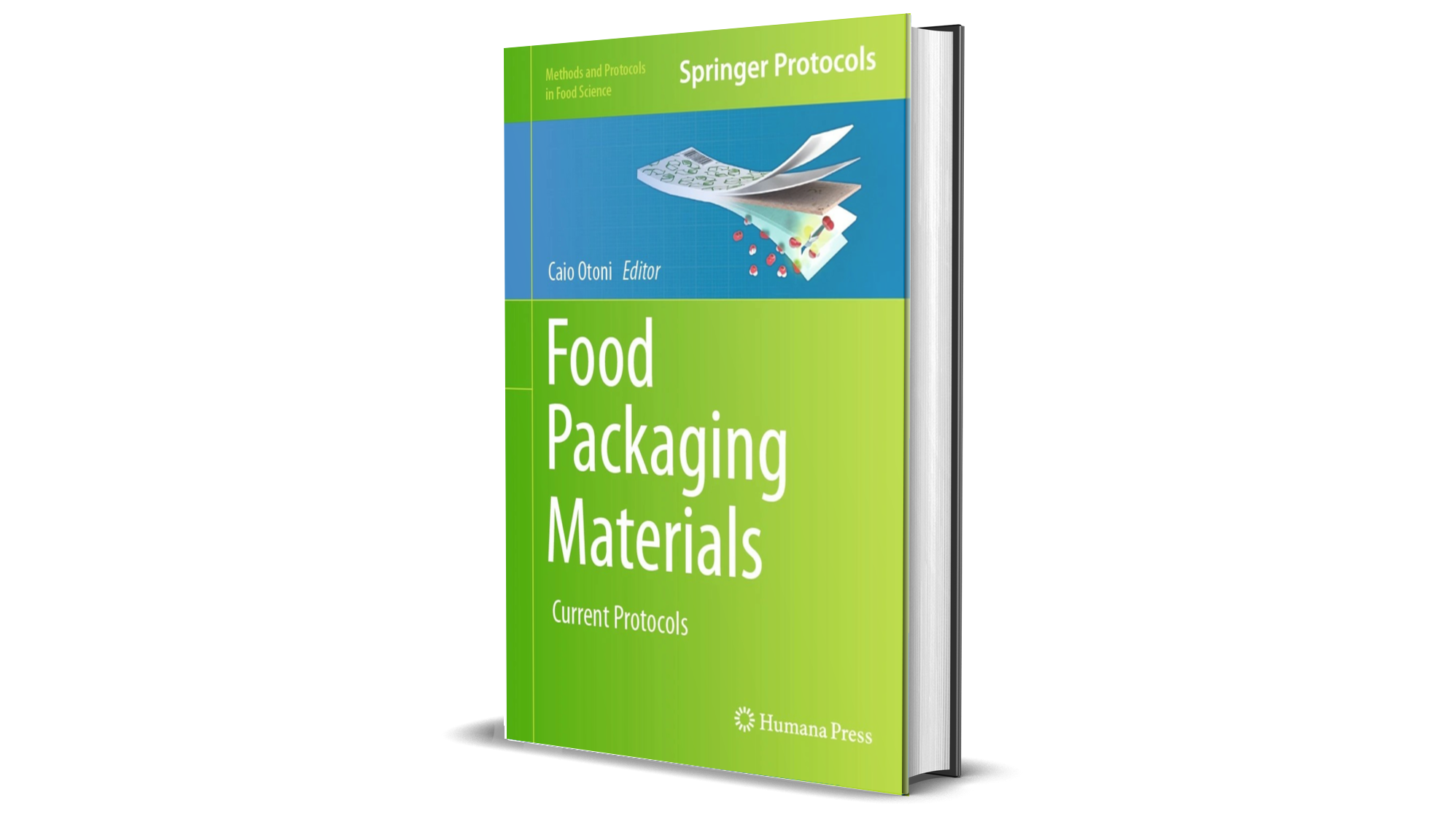Processing
Produce Safety Program from the Field to the Table: Innovations in a changing world
Dr. Ana Allende, a researcher at CEBAS-CSIC (Spanish National Research Council), will deliver an oral presentation at FRESH-CUT-2024. Here's a brief preview of Ana Allende's presentation
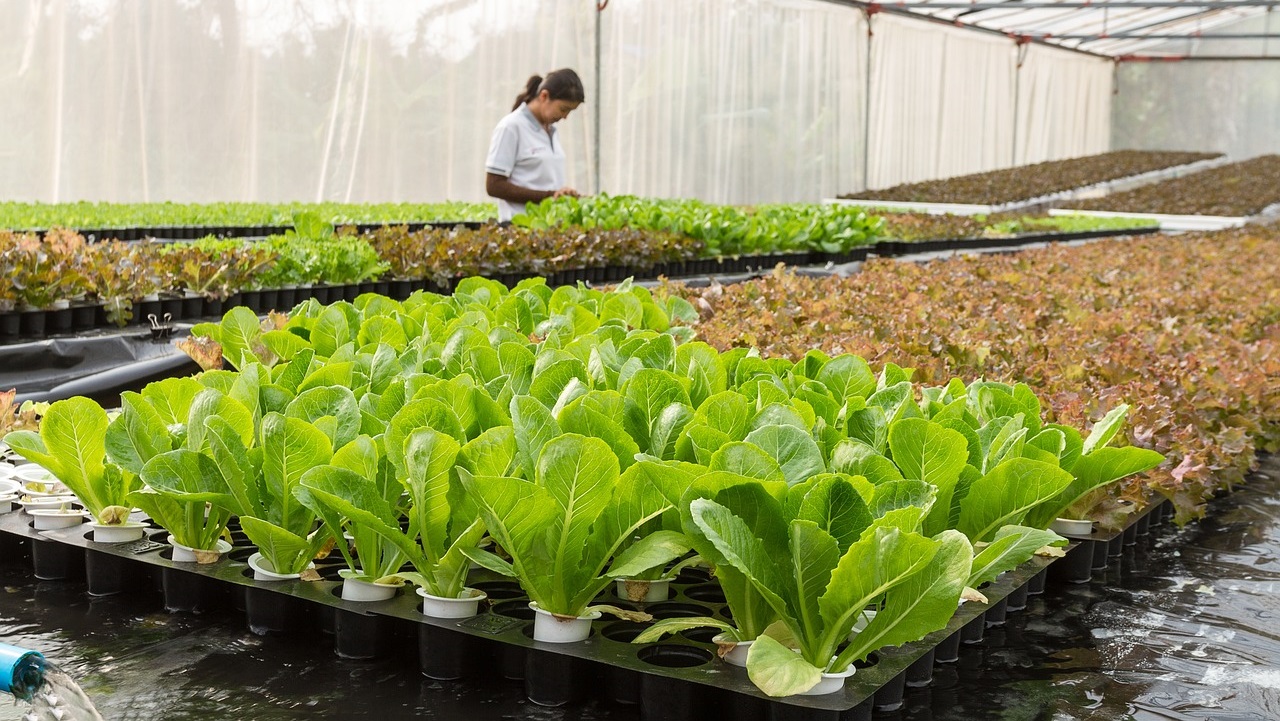
Fresh produce is widely recognized as an essential component of a healthy diet. However, it has also emerged as a significant source of foodborne illness outbreaks, particularly linked to Listeria monocytogenes. Foodborne pathogens substantially threaten both the Health and Agri-Food sectors, incurring significant economic costs and human lives. Microbial contamination is the primary cause of food waste in developed countries, with approximately one-third of all globally produced food for human consumption going to waste annually.
Produce Safety Programs (PSPs) are essential tools to address microbial contamination. PSPs encompass established procedures, practices, and intervention measures designed to ensure the safety and integrity of fresh produce from farm to table. The primary objective is to prevent contamination, minimize risks associated with microbial pathogens or other hazards, and uphold the quality of produce. A holistic approach is crucial in PSPs, recognizing that safety entails a combination of various interconnected factors. This approach involves examining the entire supply chain—from farm to table—and understanding how each stage can impact the final product's safety.
Therefore, ensuring produce safety from the field to the table necessitates a combination of Good Agricultural Practices (GAPs), Good Hygiene Practices (GHPs), Good Manufacturing Practices (GMPs), safe practices in kitchens and homes, as well as the implementation of intervention strategies. New challenges, such as climate change and the demand for more sustainable production systems, introduce new threats, necessitating adaptations and modifications to mitigate potential microbiological risks. Specific adaptations typically involve water management, environmental monitoring, and the establishment of early warning systems to reduce risks.
Potential L. monocytogenes harborages in CEA environments
Using L. monocytogenes as an example, a holistic science and technology approach is required to identify Listeria contamination patterns, minimize the potential persistence of L. monocytogenes in agricultural inputs, and prevent its transfer from production and processing environments to the final product. New production systems, such as Controlled Environment Agriculture (CEA), are being implemented to counter current challenges related to climate change, sustainability, and food security. However, little is known about the role and significance of potential L. monocytogenes harborages in CEA environments. The development and implementation of effective Environmental Monitoring Programs (EMPs) are essential to reduce L. monocytogenes contamination on raw produce destined for further processing in a processing plant. In fresh produce processing facilities, the persistence of L. monocytogenes is defined as the repeated recovery of a specific L. monocytogenes strain at a sampling site over time, following cleaning and sanitation activities. Existing evidence indicates that L. monocytogenes persistence is often identified in different harborage sites, such as drainage systems and equipment.
However, the isolation of L. monocytogenes through selective culture provides only an overview of the culturable isolates present in the environment. The implementation of culture-independent methodologies (such as molecular approaches like WGS, quasi-metagenomics, and metagenomics) can aid in identifying different L. monocytogenes serotypes that may be present in the processing line. An essential step in reducing L. monocytogenes contamination involves interpreting and analyzing EMP results. This information is crucial not only for understanding the contamination risk in the system but also for improving EMP programs through trend analyses. This valuable information can guide decision-making on corrective actions and enhance the management of protected environments, such as production and processing facilities, underscoring the need for adjustments to intervention strategies as required, along with taking additional corrective actions when necessary.
About the research conducted by the MxQ Research Group (CEBAS-CSIC, Spain)
Ongoing research projects coordinated by the MxQ Research Group (CEBAS-CSIC, Spain) aim to enhance food safety and reduce potential foodborne outbreaks by providing science-based guidance to growers, Food Business Operators (FBOs), and stakeholders. These projects, including the Center for Produce Safety 2021CPS01, MICINN (PID2022-141708OB-I00), and AGROALNEXT program (MCIN and NextGenerationEU funds, PRTR-C17.I1), contribute to the scientific community by targeting knowledge gaps related to microbial contamination in protected environments (e.g., production and processing environments) of leafy greens. Particularly, the main objective of the 2021CPS01 project is to acquire science-based results to assist growers in developing risk-based preventive measures for CEA to reduce potential hazards such as Salmonella spp. and L. monocytogenes. The project aims to characterize potential environmental contamination sources and transmission patterns in CEA facilities, evaluating suitable corrective actions. On the other hand, the MICINN projects aim to develop a holistic methodological approach by combining advanced molecular methodologies such as viability q-PCR, WGS, and metagenomics with statistics and in silico mathematical tools. This approach helps identify L. monocytogenes contamination patterns from the primary production and processing environment to the final product.
FRESH-CUT 2024, International Conference on Fresh-cut Produce
The 5th International Conference on Fresh-Cut Produce, FRESH-CUT 2024, is scheduled to take place in Foggia from June 3rd to 6th. The event will feature over 130 presentations, including eight invited talks by renowned researchers and experts from around the world. One of them will be the presentation by Dr. Ana Allende, which we just summarized.
For more information and details, you can refer to the preliminary program of FRESH-CUT 2024 and the following promotional video.